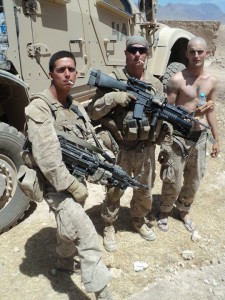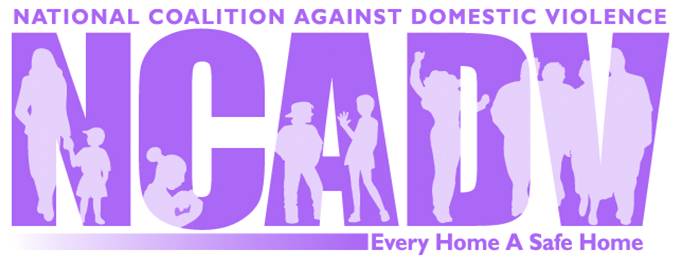“God bless America, land that I love. Stand beside Her, and guide Her, through the night with a light from above. From the mountains, to the prairies, to the oceans white with foam, God bless America, my home sweet home.” — Irving Berlin.
This is the most difficult of all articles I have written to date. Today, 22 Navy SEALS were among the 25 U.W. special operations forces and other service members shot down in their CH-47 Chinook Helicopter as it was arriving to provide reinforcement for our other troops in Kabul, Afghanistan. Apparently, the Taliban is claiming to have shot down the helicopter with a rocket-propelled grenade.
Every single day, our U.S. soldiers put their uniforms on or wake up wearing them, go out into battle, and never have the peace of mind knowing if they will return to their quarters that night. Sounds gruesome, doesn’t it? This is war and war is reality. Ask the families who did not lose their soldiers today if they know for certain they will hear from their loved one next week.I mean no disrespect to anyone. I have family members who are serving or who have served in the military. I am proud of them for doing their job, because I believe this to be honorable. I love our soldiers—all of them.
This day marked the single most deadliest loss of American lives in battle in Afghanistan. When will we say, “Enough is enough? When will we, as a Country, stop being so covetous in thinking it is our job to fix the world?” I was so upset when I read about the news on CNN that I cried for an hour. I spoke with my son shortly afterward and he inquired what was wrong with me. He could hear it in my voice. I told him about the CH-47 being shot down. Although my own son or daughter was not on that helicopter, you would have to know me personally to understand my feelings. First, I was heartbroken and sad for the brave soldiers and their families. Then, I became angry. I say now, again, “Enough is enough. We are at war because of greed. In my opinion, this is why we are fighting and what America is doing–because of our own greed.”
These are three of my reasons for believing why greed leads us to war:
1). The U.S. sticks its nose in where it should not. It is actually quite simple and although I am terrible with math and algorithms, this formula is easy. If someone attacks us, we should go to war, get in there, bomb the hell out of them, and get it over with. Then we should bring our soldiers back home. Period.
2). We were attacked on 9/11/2001—a day most of us will never forget. Innocent lives were snatched right out from those twin towers, as others watched in horror. Flashbulb memories are implanted in some of our minds forever, as a result of this. Greed has kept us in the wars in Iraq and Afghanistan, not the hunt for Osama Bin Laden, if you really think about it. The U.S. is greedy, has a necessity to improve Western access to Iraqi oil, and has spent trillions of dollars on this war. Look at the financial crisis our Country is in now, all due to fighting a war filled with greed.
3). The U.S. has some belief it is our duty to save the world. Each time there is a crisis, we run to the aid of another country, whether that be with troops to fight their war-as we did 45 years ago in Vietnam, send supplies when a natural disaster hits, such as a tsunami, or the earthquake in Haiti. We sent our American troops to help there also. We have become filled with greed in thinking we can save the world. The fact of the matter, it that we cannot do that. A realist would tell you this is not possible.
I hope these three reasons listed above help you understand why I believe greed leads us to war. For those who do not know me, you may be thinking, “What a terrible person she is, to be so cold, to be so filled with hate and vile for others.” Nothing could be further from the truth. I love people. I love the people of all countries. I do not love people who are haters, bigots, stereotype others, and who are prejudice. War is about killing; however, this is for protection, not for righteousness.
In the United States, we have people who are starving—babies and children who are lucky if they get one meal a day at a shelter for the homeless. In the Dallas/Ft. Worth area, entire families are turned away if there is not enough room for them. They are forced to stay out in this 100 degree heat. Battered women and their children may have no place to stay and no food to eat. The isolated elderly in their own homes, can sometimes not pay their electricity payments, get their utilities shut off, and are victimized by their own family members who steal their social security checks from their online accounts.
As the saying goes, “Freedom is not free.” It never has been and it never will be free. Remove the “G” from the word “greed” and replace it with the letter “F”. The new word becomes, “Freed.” I just made that up as I was writing this. How about if we turn our greed into freed and make this a better society so fewer of our United States soldiers will have to die in war, as they did today? Every single day, a war is happening right here in America, the land of the free.
©Copyright — Gayle Joplin Hall, PhD. All rights reserved worldwide. None of this material may be downloaded or reproduced without written permission from the author.

 “The hardest part, by far, is to make the bad pictures go away. In war time, the world is one big long horror movie, image after image. If this is anything like Vietnam, I’m in for a lifetime of wee-hour creeps.” — Tim O’Brien, Vietnam Veteran.
“The hardest part, by far, is to make the bad pictures go away. In war time, the world is one big long horror movie, image after image. If this is anything like Vietnam, I’m in for a lifetime of wee-hour creeps.” — Tim O’Brien, Vietnam Veteran.












